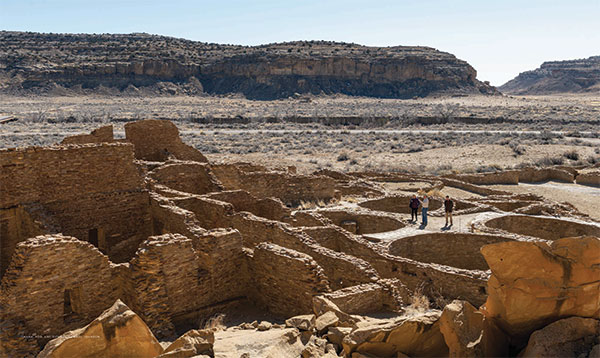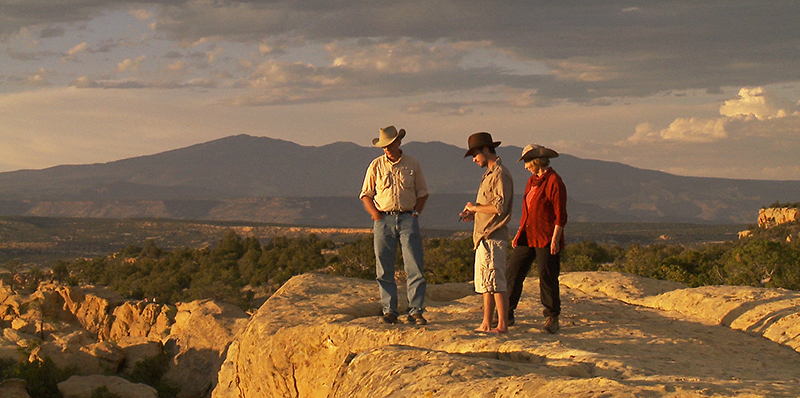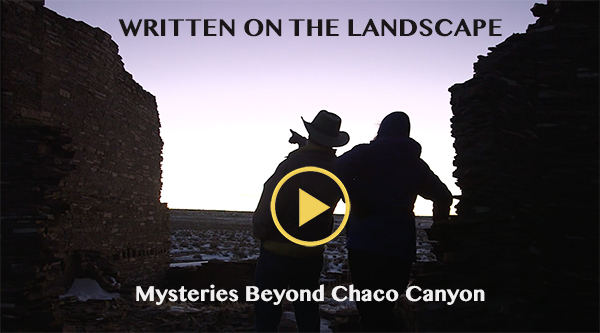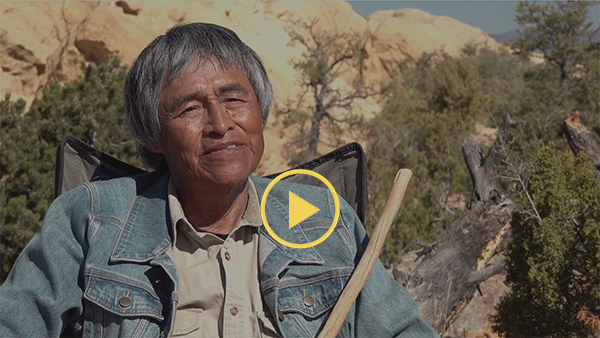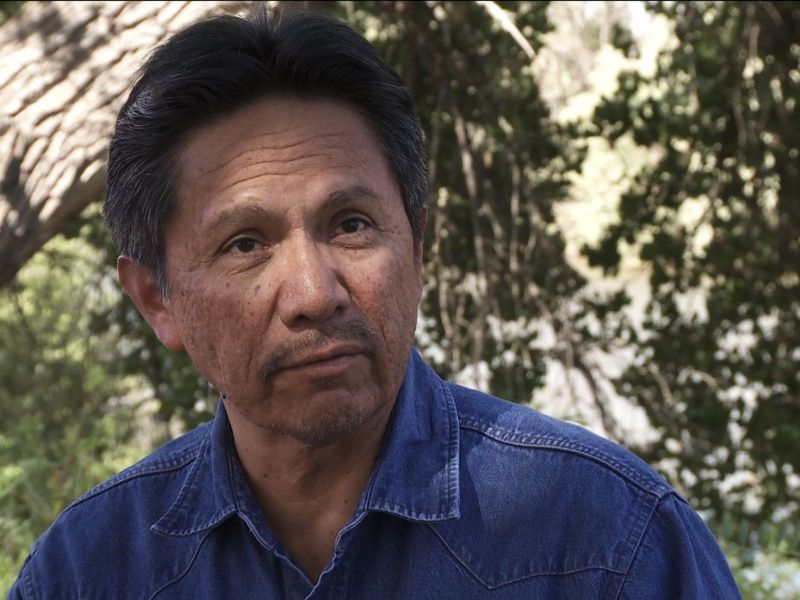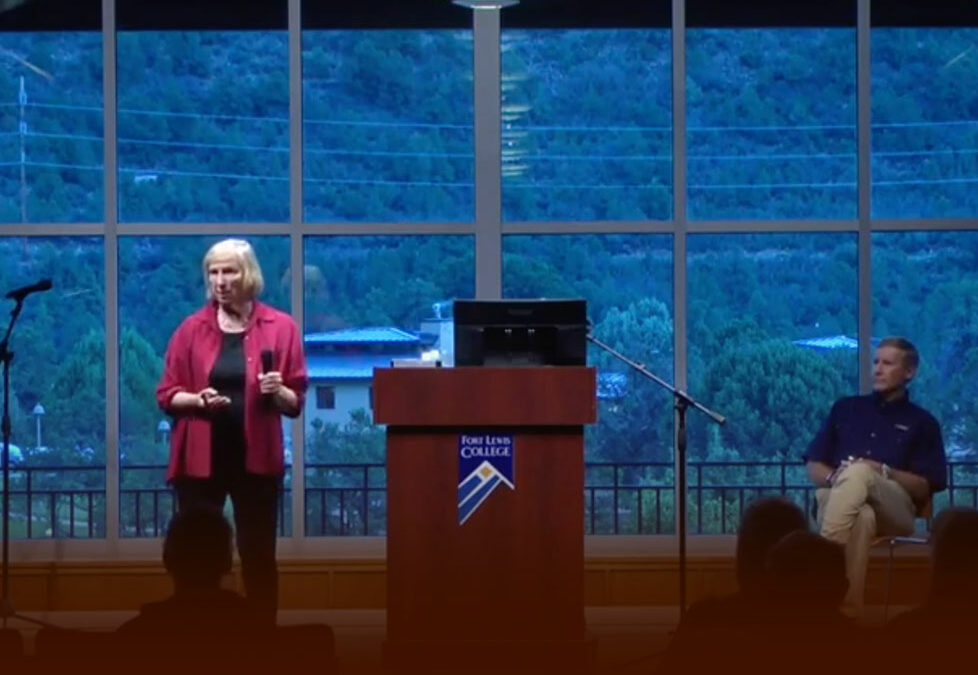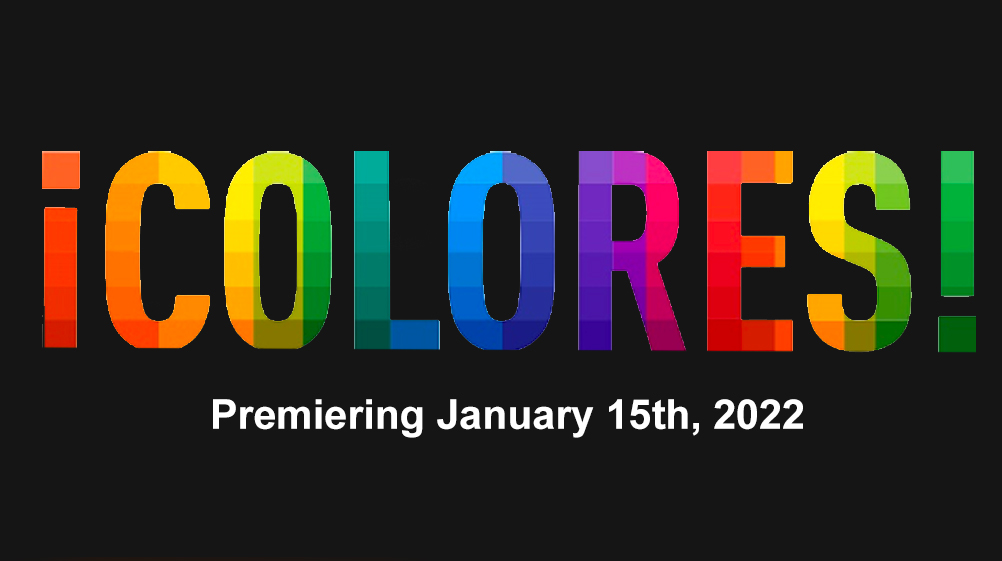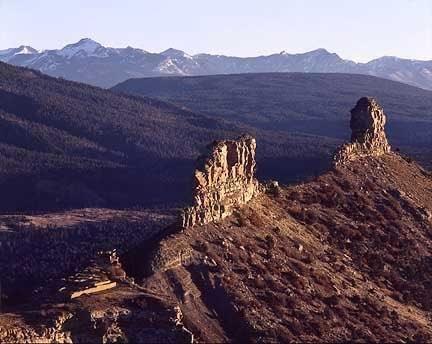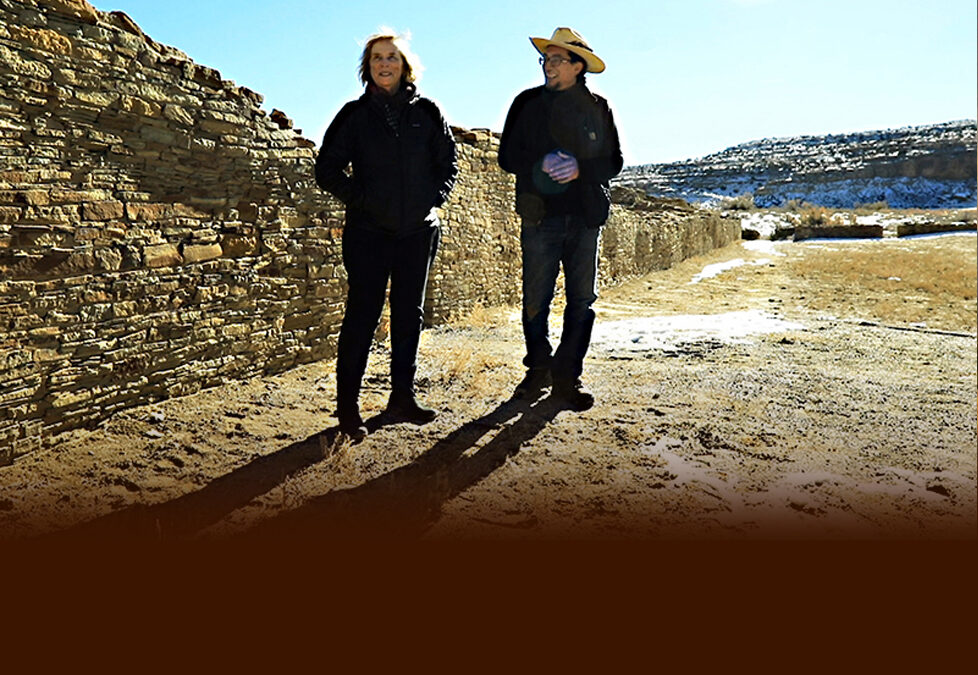
Annual Letter from Solstice Project 2023
Maya Archaeoastronomer Alonso Mendez with Anna Sofaer at Pueblo Bonito
Dear Friend,
For 40+ years the Solstice Project has been telling the remarkable story of Chaco Canyon.
Through our own original research and collaborations with educators of descendant communities and archaeologists, we have brought the extraordinary accomplishments of the Chaco culture to a wider audience. Thanks in part to our work there is a larger constituency than ever to protect this world-class cultural legacy.
Our 2000 documentary The Mystery of Chaco Canyon is still a staple on public television and is widely viewed on a variety of platforms. The film’s longevity and continued resonance is a testament to the power of the Chaco story.
We are now bringing the Chaco story up-to-date with our new film Written on the Landscape. This film documents our latest research on the Chaco region through stunning photography, state of the art visualizations, and penetrating interviews. You can view an introduction to the film here.
The film is roughly 90% complete, but there is still important work to be done. I am now asking our friends who care so much about Chaco to help us raise the $50,000 we need to get us over the finish line.
We are fortunate in having a $25,000 matching gift challenge from an anonymous donor who believes in the promise of Written on the Landscape. Gifts received before December 31 will essentially be doubled. Any funds raised beyond what we need to finish the film will be used for educational outreach and promotion. Together we can do it!
Written on the Landscape is scheduled to be premiered on New Mexico public television station KNME on June 20, 2024. We are also in discussion with other partners for additional launch events and the development of educational materials. We are confident the release of the film will bring awareness of the Chaco region to a whole new generation and shape the conversation around this amazing cultural legacy for years to come.
Thank you so much for your interest and support of the Solstice Project. You can make your tax-deductible donation by clicking the Donate Now button below, or if you prefer, you can mail a check to the address below.
Thank you,
Anna Sofaer
President
Solstice Project
222 East Marcy Street #19
Santa Fe, New Mexico 87501
If you prefer, please mail your donation to the Solstice Project address above. Please note that the Solstice Project is a 501c3 non-profit organization and your contributions are tax deductible to the extent that the law allows.
![]()
Share
![]()
Forward this Letter to a Friend
![]()
Tweet
Written on the Landscape
Cast & Crew
With these remarkable participants, Written on the Landscape will transform understanding of the Chaco people; showing that their interests and achievements reached to the stars with a brilliant conceptual map of the cosmos on the vast arid landscape of the Chaco region. In reflections of descendant people, the film also highlights the wisdom of their choice to close Chaco and to no longer live in a hierarchy of powerful people seeking control of nature. A profoundly important message has been shared for us today as we face challenging choices with our human created climate crises.
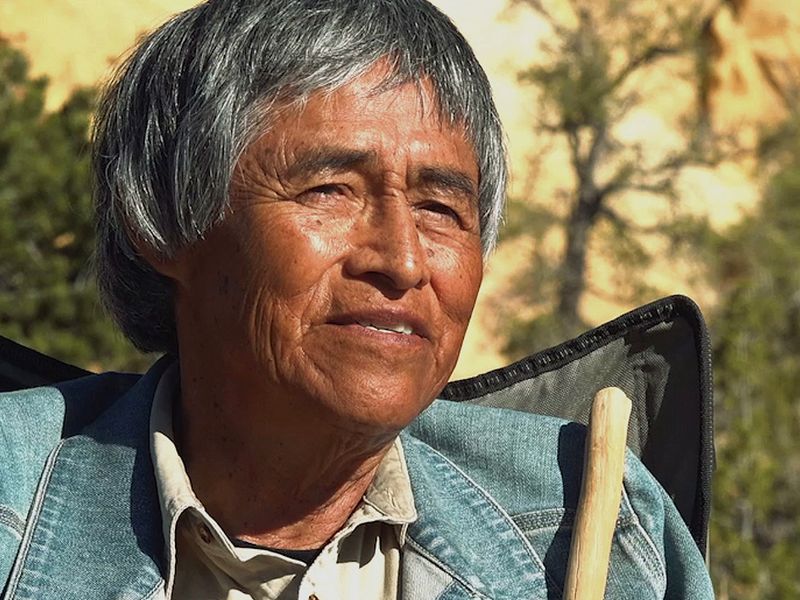
Petuuche Gilbert, of Acoma Pueblo, educator and activist, describes the moral lessons of Chaco and how people left Chaco to form new, more egalitarian and sustainable societies that exist to this day.
Phillip Tuwaletstiwa, of the Hopi Tribe, former deputy director of the National Geodetic Survey, combines his scientific research into the astronomical alignments of Chaco buildings with insights into the symbolic significance of the sun and moon as instruments for Chaco elites to gain power with their special knowledge.
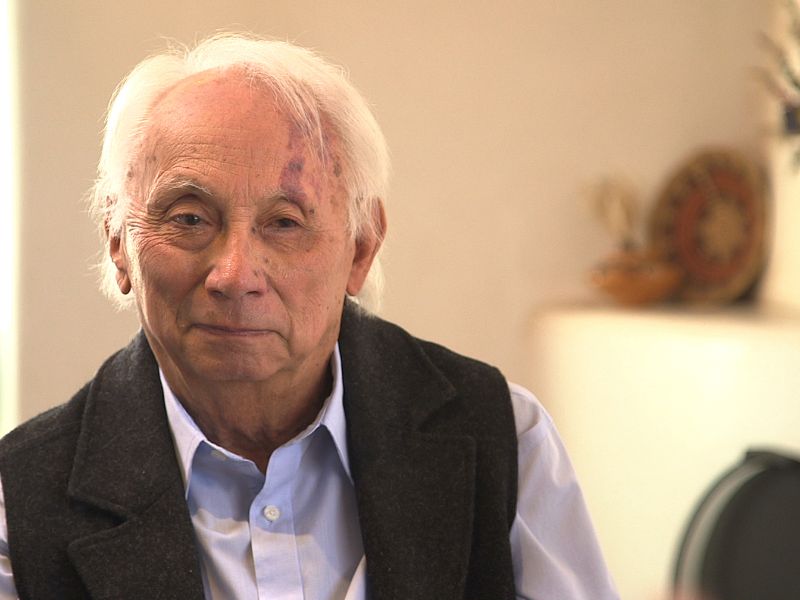
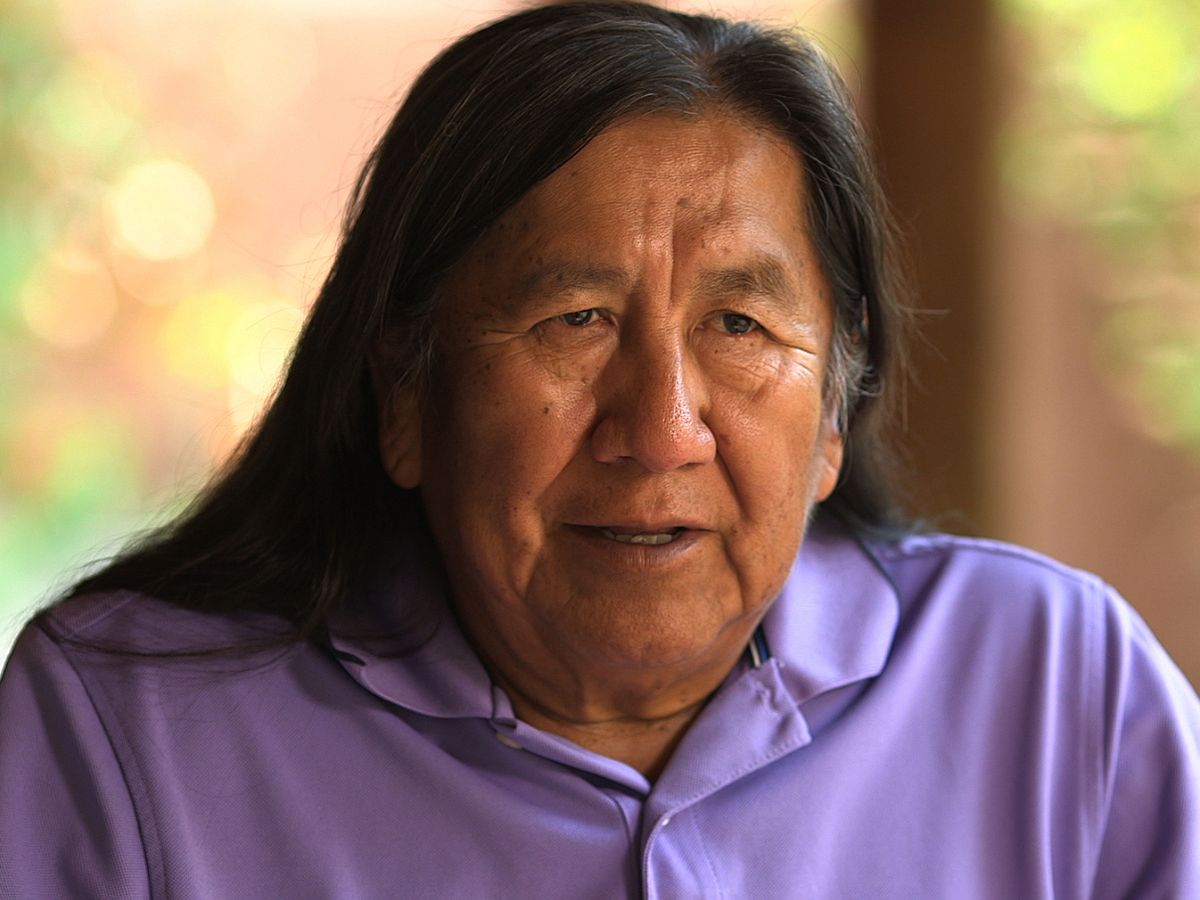
Paul Pino, of the Laguna Pueblo, educator, and former chairman of the Laguna Tribal Historic Preservation Board explores the spiritual dimensions of the Chaco world that continue in traditions of his people today.
Elena Ortiz, of the Ohkay Owingeh Pueblo, an educator and daughter of anthropologist Alfonso Ortiz, speaks from personal experiences beginning in childhood, to convey cautionary lessons learned from the Chaco dominance over nature, and a move by her people to an ethos of equality.
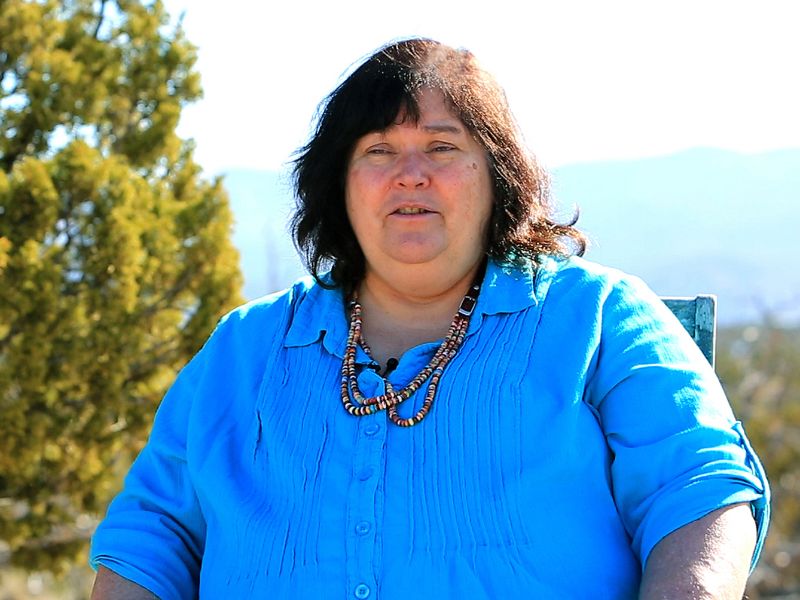
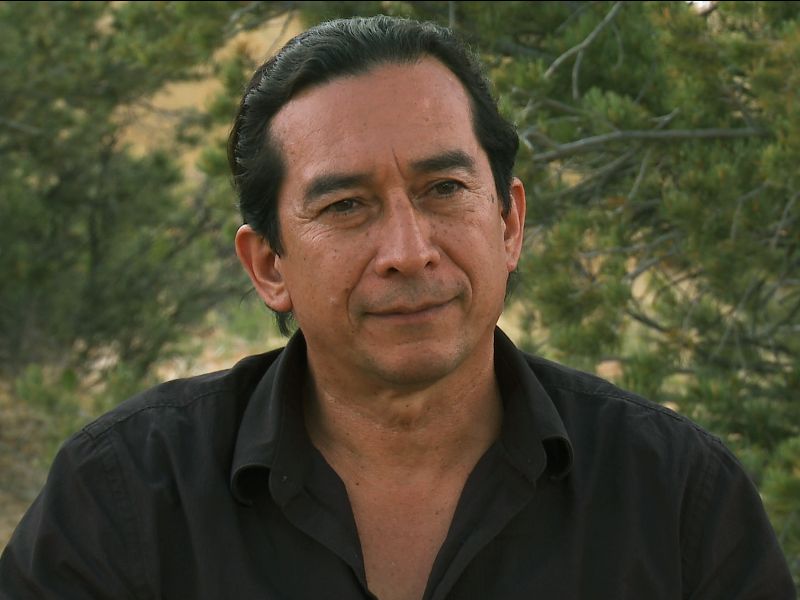
Alonso Mendez, an archaeoastronomer and artist of Maya heritage, who has done extensive work in Palenque, Mexico, shares his deep insights into Mesoamerican cosmology, drawing parallels between these traditions and Chacoan and Puebloan traditions.
Rich Friedman, archaeologist with four decades of Chaco field research, applies new technologies, such as LiDAR, to broaden our understanding of the immense scope of the Chacoans’ architecture and the significance of their system of “roads.”
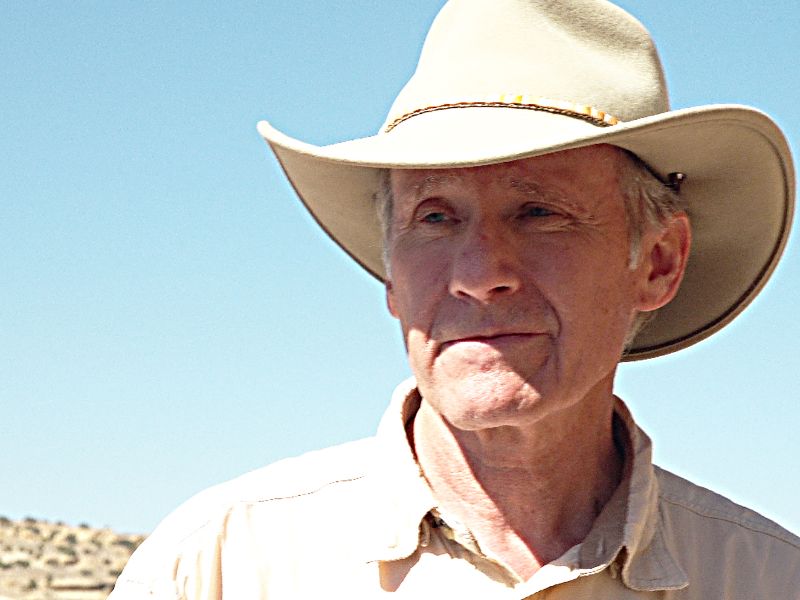
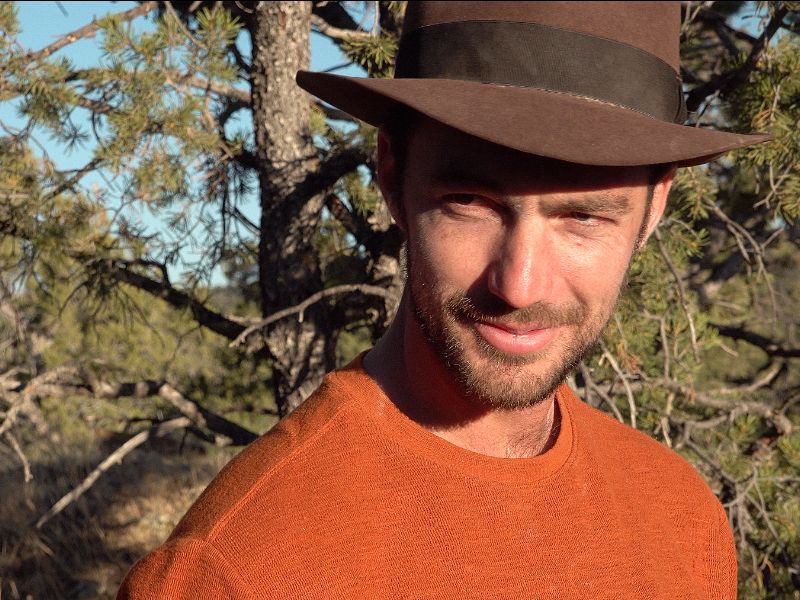
Rob Weiner, archaeologist and doctoral candidate, explores the significance of Chacoan roads and their relationships with distinct topographic features and astronomical events. He shares his findings of Mesoamerican exotic goods and gaming pieces as powerful ritual objects in Chacoan society.
Anna Sofaer, our guide on the Chaco journey, rediscovered long-lost knowledge of the Sun Dagger in 1977. Her writings and two previous films have broadened our knowledge and understanding of this remarkable ancient civilization that left no written record, but “writing on the landscape,” to be uncovered by the Solstice Project team.
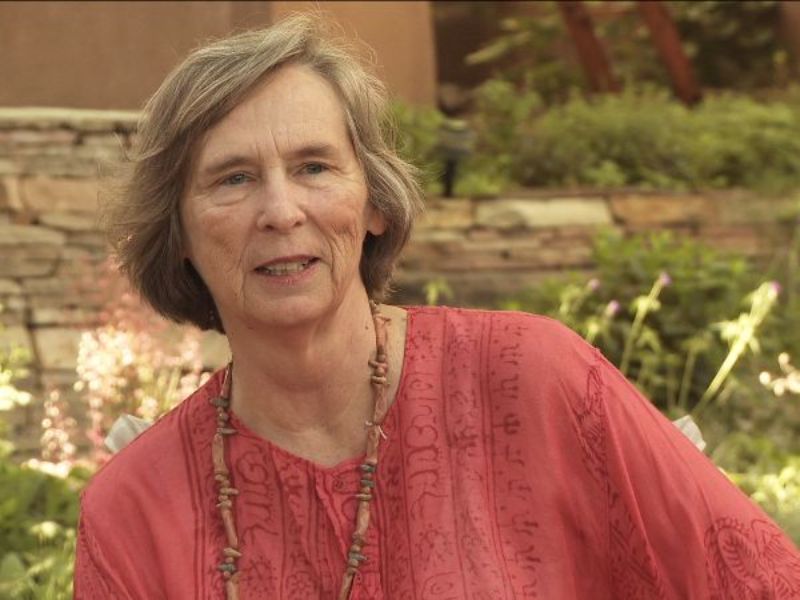
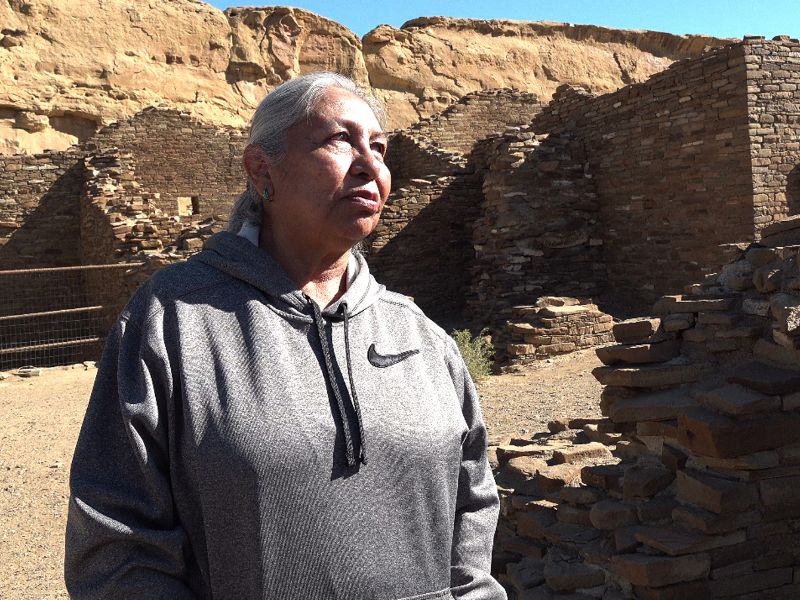
Pat Sandoval, member of Laguna Pueblo, retired Superintendent of Laguna Middle School, former Director of Planning and Evaluation at the SFIS, and a long-time supporter of the Solstice Project’s educational outreach. She underscores the importance of Indian youth learning the scientific achievements of their ancestors.
Adriel Heisey, pilot and aerial cinematographer, is contributing to our film striking images of Chaco Great Houses and “roads” throughout the vast expanse of the Four Corners. He says in the film that he continues to “discover new sites every day,” in some of the most surprisingly remote desert landscapes.
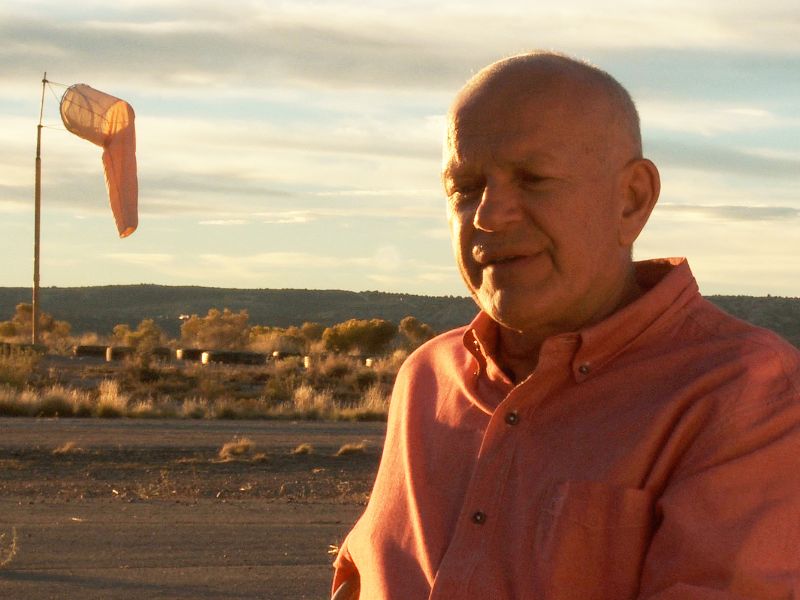
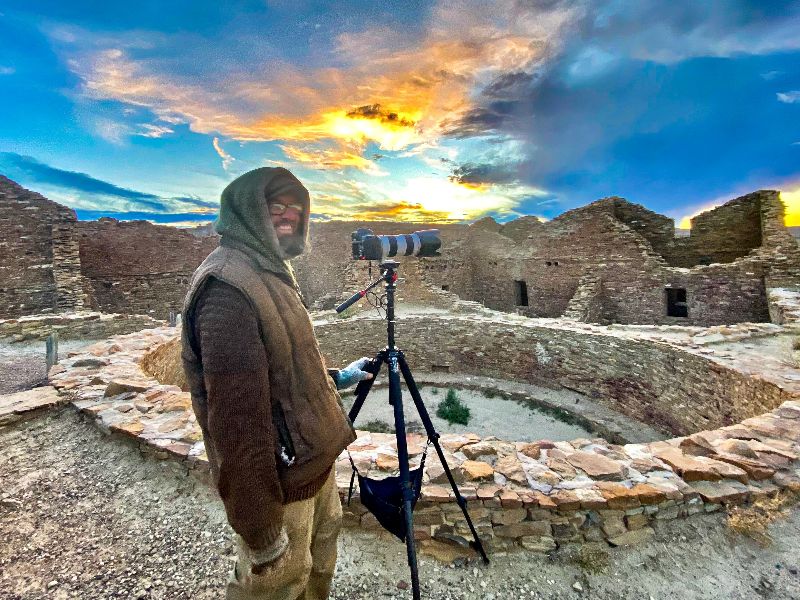
With his expertise in archaeoastronomy and refined skills in night sky cinematography, Davd Valentine has captured magnificent imagery for Written on the Landscape. In exploring Chaco ruins in the canyon and the far reaches of the Four Corners he has also created beautiful footage of ancient architecture set in rugged desert terrains.
Christopher Beaver has produced, directed, and edited numerous films including Dark Circle that was awarded Grand Prize in Documentary at the US (now Sundance) Film Festival, and a National Emmy in News and Broadcasting, and was short-listed for Academy Award Feature Documentary. Recently, his film, Groundwater, received Special Recognition, Knight-Risser Prize for Western Environmental Journalism. Chris has contributed film and edited extensively our rough cut of Written on the Landscape.
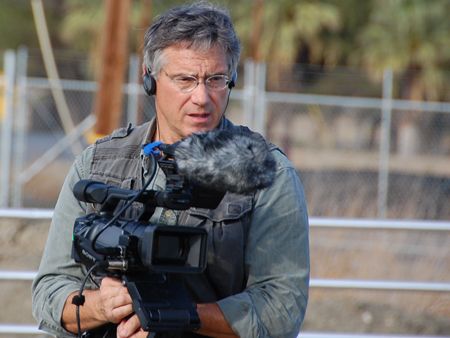
If you prefer, please mail your donation to the Solstice Project address above. Please note that the Solstice Project is a 501c3 non-profit organization and your contributions are tax deductible to the extent that the law allows.
![]()
Keep in Touch on Face Book

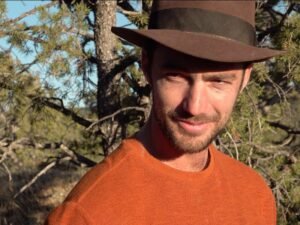 Solstice Project colleague Robert Weiner recently earned his Ph.D. from University of Colorado Boulder following a successful defense of his (900 page!) dissertation on Chacoan roads, which was held at the School for Advanced Research in Santa Fe. In the fall, he will begin a Postdoctoral Fellowship with the Society of Fellows at Dartmouth College, where he will be affiliated with the Department of Religion. We look forward to reading the publications he will produce in the near future!
Solstice Project colleague Robert Weiner recently earned his Ph.D. from University of Colorado Boulder following a successful defense of his (900 page!) dissertation on Chacoan roads, which was held at the School for Advanced Research in Santa Fe. In the fall, he will begin a Postdoctoral Fellowship with the Society of Fellows at Dartmouth College, where he will be affiliated with the Department of Religion. We look forward to reading the publications he will produce in the near future!